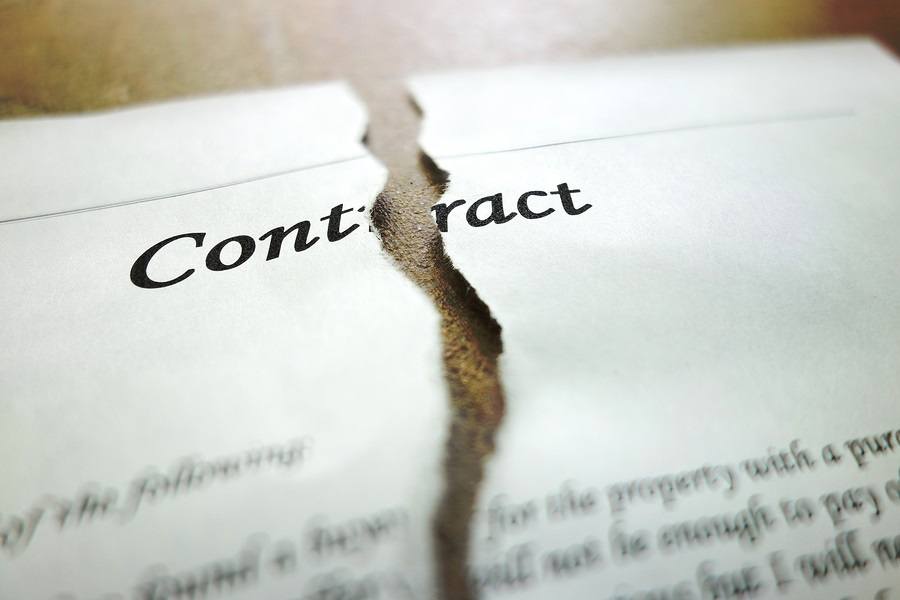Vaccine Injury Compensation: Government’s Broken Social Contract with Parents
Three decades ago, Congress created a federal vaccine injury compensation program (VICP) and gave the pharmaceutical and medical trade industries a partial product liability shield under the National Childhood Vaccine Injury Act of 1986. The goal was simple: to restrict civil lawsuits against vaccine manufacturers and negligent doctors whenever government mandated vaccines injure and kill Americans. In the 21st century, Congress went further and directed federal agencies to develop a public-private business partnership with the pharmaceutical industry. Today, multi-national corporations marketing vaccines enjoy a $15 billion dollar U.S. and $30 billion dollar global vaccine market that will reach $100 billion in 10 years. At the same time, Congress appropriates billions of U.S. taxpayer dollars to federal agencies working with Big Pharma to develop hundreds of new vaccines, while vaccine licensing standards have been lowered so companies can fast-track experimental vaccines to market. Meaningful congressional oversight on vaccine regulation and policymaking is non-existent today, in part because the pharmaceutical industry is the number one wealthiest and most powerful lobby on Capitol Hill. Parents, who file a claim today on behalf of a brain damaged vaccine injured child in the federal vaccine injury compensation program (VICP) under the 1986 Act, know that the odds of obtaining financial assistance from the government are not much better than the odds of winning a lottery. Department of Health and Justice officials fight almost every award in the U.S. Court of Claims so two out of three vaccine injury claims are denied.



